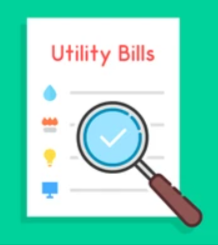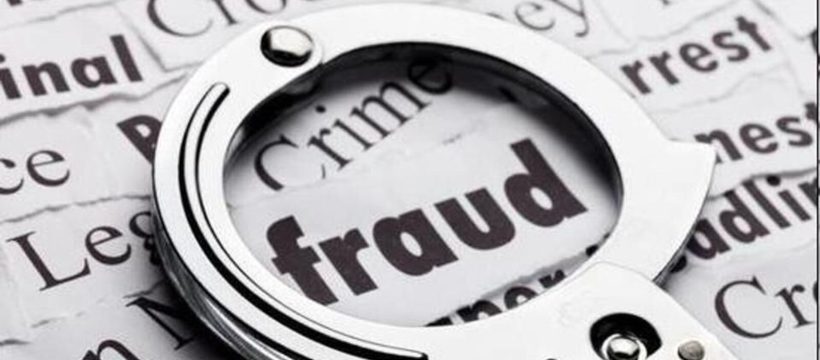Counterfeit proof of address documents, including fake utility bills, have become a disturbing phenomenon in recent times. To truly understand the gravity of this issue, it is essential to unravel the intricacies of forgery and fraud associated with such illicit activities.
The Distinction Between Forgery and Fraud
Forgery involves the act of creating or altering documents with the intent to deceive or misrepresent information. In the context of counterfeit proof of address documents, forgery occurs when individuals produce or modify utility bills or other documents to make them appear authentic. This deceptive act undermines the integrity of official documents and constitutes a criminal offense.
Fraud refers to the deliberate deception or misrepresentation of facts with the intent to gain an unfair advantage, cause harm, or commit a crime. In the case of fake proof of address documents, individuals employ counterfeit bills to deceive authorities and institutions, presenting false information to gain access to services, benefits, or opportunities to which they are not entitled. This fraudulent act is a serious offense with legal and societal repercussions.

Legal Ramifications of Fake Proof of Address Documents
Engaging in the production, distribution, or use of counterfeit proof of address documents can lead to criminal charges. The legal systems across jurisdictions treat forgery and fraud as serious offenses, subjecting individuals involved to penalties such as fines, probation, community service, or imprisonment. Repeat offenders or those engaged in organized fraudulent activities may face more severe consequences.
The creation and use of counterfeit documents, including fake utility bills, often involve the unauthorized use of someone else’s personal information. This act can constitute identity theft, a criminal offense that carries its own set of legal penalties. Individuals whose personal information is stolen and misused in this manner face potential financial loss, damage to their reputation, and emotional distress.
Unraveling the Motives Behind Counterfeit Proof of Address Documents
One of the primary motives driving individuals to use counterfeit proof of address documents is the pursuit of financial gain. By presenting falsified information, individuals may attempt to secure loans, credit cards, or other financial benefits that they would not otherwise qualify for. This deceptive act not only compromises financial institutions but also undermines trust within broader society.
In certain cases, individuals resort to using fake proof of address documents to evade legal requirements or obligations. This may include avoiding taxes, evading law enforcement agencies, or circumventing residency-based regulations. Such behavior subverts the rule of law, erodes public trust, and can have significant consequences when discovered.

